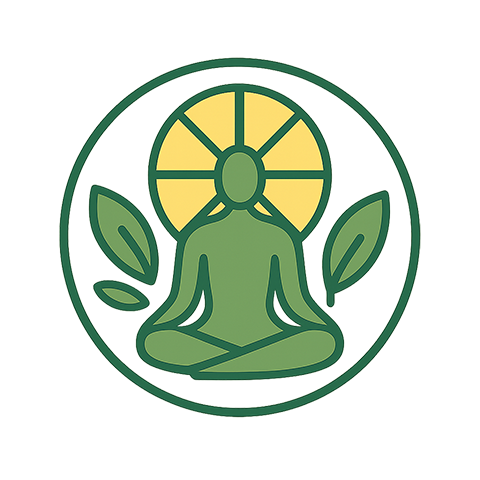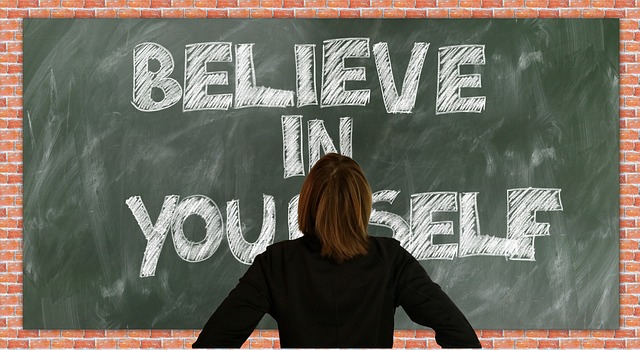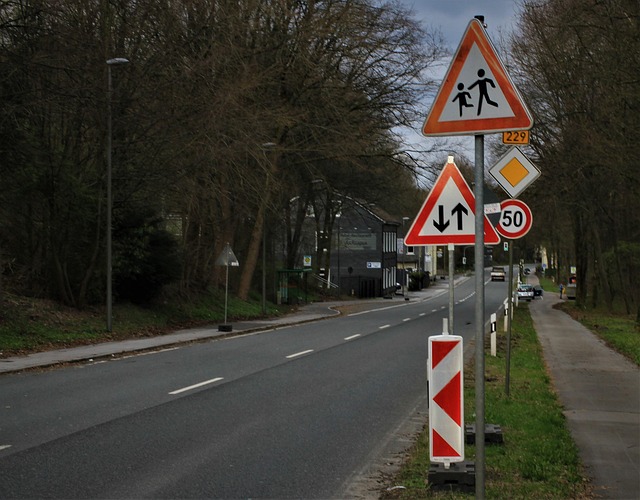In an era dominated by screens and notifications, the concept of self-regulation has never been more vital. We find ourselves wrestling with the seamless integration of technology into our daily lives, often at the expense of our mental well-being and overall awareness. Navigating this delicate balance can be overwhelming, but it is essential for fostering a healthier relationship with technology.
One of the most effective strategies for enhancing self-regulation is engaging in a digital detox. This deliberate act of stepping away from our devices not only allows for a much-needed break but also provides us with the opportunity to reconnect with ourselves and the world around us. Imagine a weekend where you swap your screen time for nature walks, reading physical books, or engaging in face-to-face conversations. These activities recharge our spirit and help us regain control over our time and attention.
The struggle between technology and human connection is all too real. While technological advancements have revolutionized the way we communicate and access information, they can also lead to a superficial engagement with life. This can foster a sense of isolation, making it challenging to cultivate genuine relationships or develop a clear understanding of our emotions. To counter this, we must practice self-regulation by being mindful of our technology use, setting boundaries, and fostering deeper connections with the people around us.
Creating a healthy balance in our tech use involves recognizing our triggers and understanding which situations lead us to seek out digital distractions. Are we scrolling through social media out of boredom, or are we using our phones as a comfort mechanism to avoid confronting emotions? By developing self-regulation, we can identify these patterns and make conscious choices that promote our emotional health and strengthen our connections.
Implementing routines that limit screen time is another essential aspect of mastering self-regulation. Establishing tech-free zones or times during the day—like family meals or dedicated reading time—can help us prioritize meaningful interactions over digital distractions. By making these intentional choices, we can reclaim our time and focus on what truly matters, nurturing our awareness in both thought and action.
Furthermore, practicing mindfulness can significantly enhance our self-regulation skills in the digital age. Techniques like meditation or journaling allow us to become more aware of our thoughts and emotions, enabling us to respond to technology with intention rather than impulse. Regular mindfulness practice encourages us to reflect on how our tech usage affects us, prompting us to make adjustments as needed.
Ultimately, being in charge of our relationship with technology is empowering. It helps us develop self-regulation skills that enhance our quality of life—making us more present, engaged, and aware individuals. In a world overflowing with digital distractions, choosing to prioritize our well-being is a radical and courageous act of self-care. By mastering self-regulation in the digital age, we can steer our lives toward a balanced, fulfilling existence.




